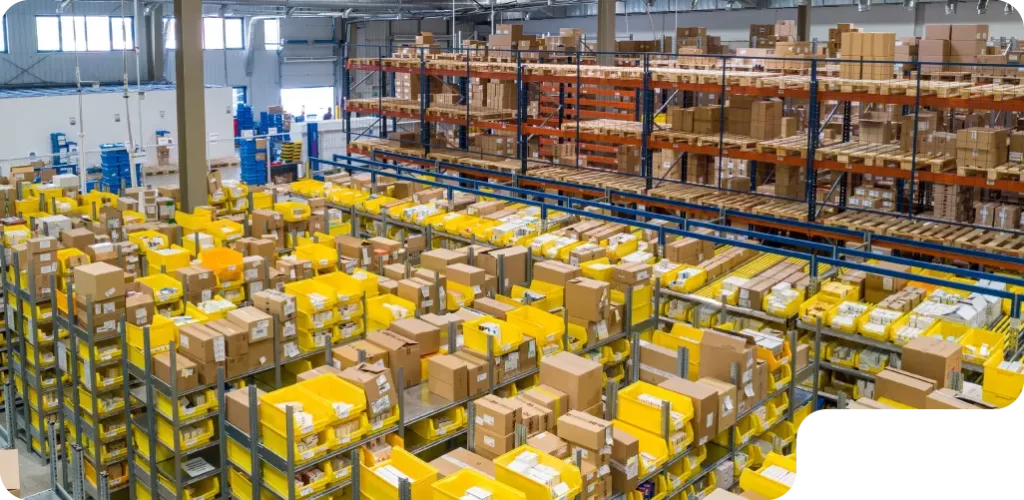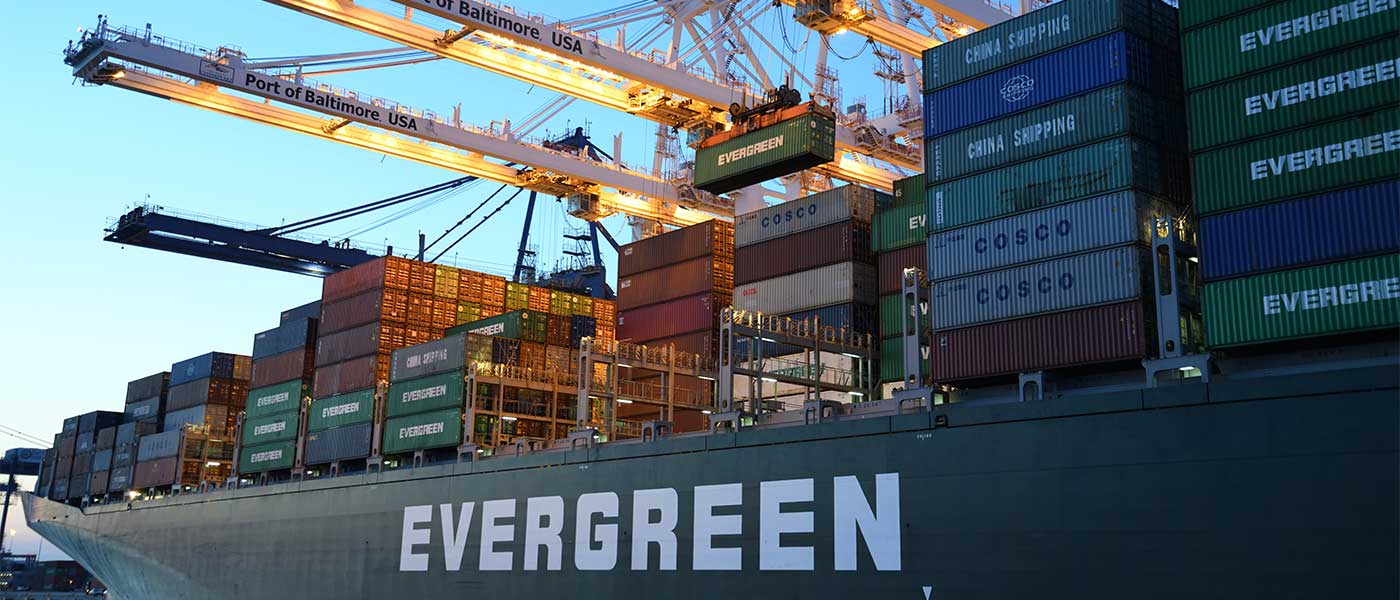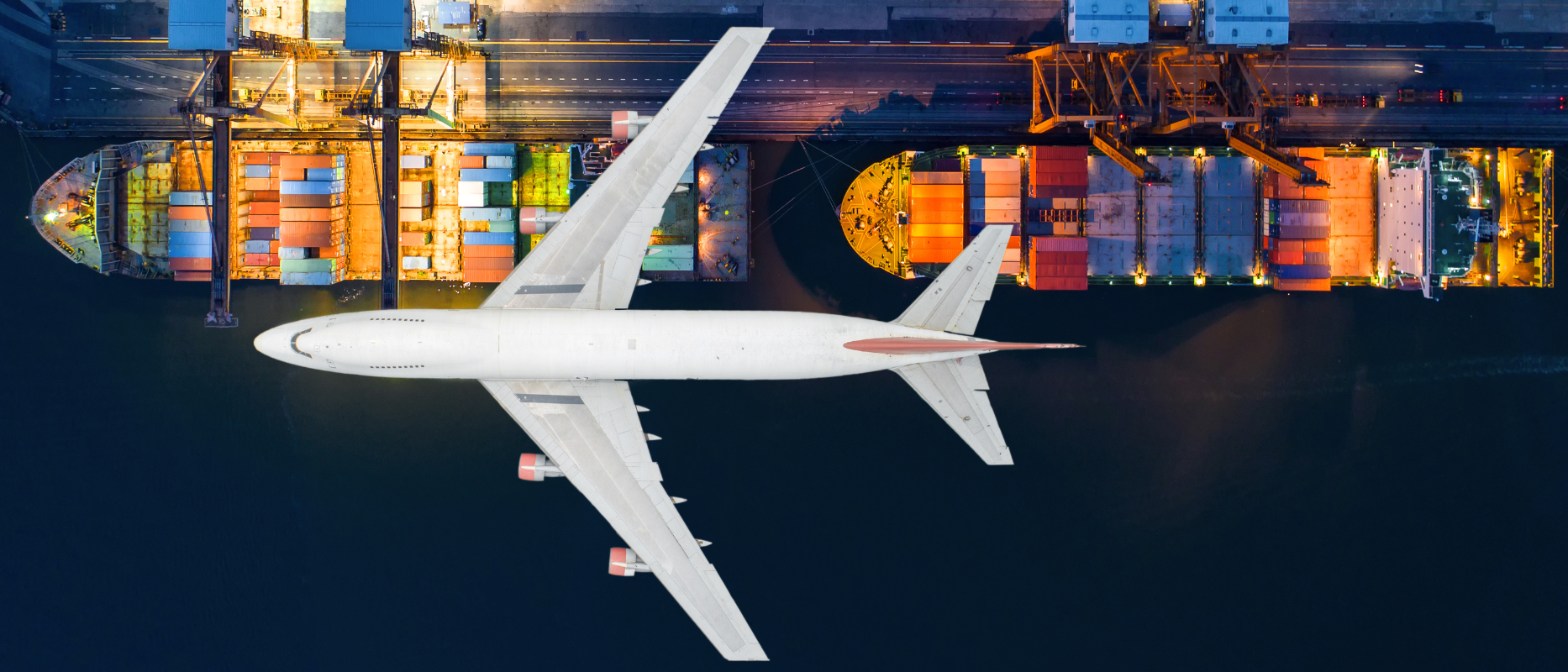One of the essential processes in starting an e-commerce business in Australia is to import goods into the country. In this blog, we discuss the steps you need to follow to start importing for your e-commerce in Australia.
Register Your Business
One of the first things to remember before you start importing to Australia is what the Australian market actually demands. Once you find your niche market, the next step would be to register your business. The registration process in Australia is quite simple and can be counted as a prerequisite for importing goods.
- You must apply for an Australian Business Number or ABN. The Australian government provides this unique 11-digit numeric identifier to help establish your credibility among the locals.
- You will also have to apply for an Australian Company Number or ACN, issued by the Australian Securities and Investments Commission.
- Your application is likely to be processed within 20 business days. You can visit Australia’s official website for business registration to check the status of your application.
Pick an Overseas Supplier
Once registered, you will need to pick an overseas supplier who will export items from other countries to you. While it may feel like picking an overseas supplier is easy, there are several factors to keep in mind before you decide which supplier you want to stick with.

Some of these factors are:
- Terms of payment- Needless to say, before making any final decisions, you will have to get a complete idea about the supplier’s terms of payment. While some suppliers require clients to pay the entire amount right at the beginning, others require partial advance payment.
- Minimum order quantity- In most cases, the minimum order quantity demanded by suppliers is negotiable. Nevertheless, it is still safe to know precisely how much your supplier is expecting from your enterprise. In case the minimum order quantity (MOQ) is too high, it is better to look for a more suitable option.
- Delivery time- You must know how long any concerned supplier will take to deliver your products to your customers. This information is vital and relevant for brands that have a large volume of orders coming in during certain times of the year.
- Terms and conditions- In addition to the above clauses, make sure to note down any other special terms and conditions related to shipping, payment, any other part of order fulfillment, and so on.
Opt for Sample Products to Check Quality
Even when you feel like every aspect of the seller looks promising, it would still be worth your time to ask them to send sample products for you to verify their quality. With this move, you can be fully sure that your supplier is reliable and supplies good quality goods. Furthermore, this step will save you from any unwanted hassles in the future.
Employ a Freight Forwarder
A freight forwarder is responsible for overseeing the movement of goods from manufacturers to their proper delivery location. In addition, a freight specialist will be able to negotiate shipping prices and let you know about any hidden costs that your supplier is including. Hence, employing a freight forwarder will help you stay informed and make the relationship between you and your supplier more transparent.
Negotiate Your International Commercial Terms
After you pick your overseas seller, your next move would be to negotiate their international commercial terms (or incoterms). These set of terms dictate the rules to divide costs and risks between the two parties, seller and buyer, while shipping internationally.
It is essential to agree on a set of terms that do not put too much burden and liability on your end of the equation. If you are unsure of how to go about this negotiation, you can simply follow the previous step and employ a freight forwarder to advise on what’s best for your brand.
Weigh Your Freight Options
In the case of international shipping, two freight or transport options are usually made available: sea and air. Now, it depends on you which option would best suit your business.
For instance, if you are obligated to make speedy deliveries to a section of your buyers, air freight would be the right choice for you. On the other hand, sea/ocean freight would be more suitable if you have huge stocks.
Send Out a CCA and Book Your Incoming Shipment
After you are done fulfilling the previous requisite, your next important task would be to take care of some important documentation in order to receive your items.

Overall, there are two steps that are essential for the successful delivery of your expected goods.
- Firstly, you will need to send a CCA or Customs Clearance Authority to your freight forwarders so that they have the power to act on your behalf and perform the necessary customs clearance of your goods.
In fact, if you do not do this, you can expect your shipments to get stuck in their destination ports, hence, causing an overall delay in the process.
- Next, you will also have to ensure that you book your shipments with ample time in hand, especially if you are looking forward to delivery two to three months prior to Christmas.
This is because August to October is a hectic time for suppliers who have to deliver large quantities of goods to a long list of clients.
Be Ready With the Right Documents
Just like CCA, you will have to prepare and send several other essential documents to your freight forwarder, without which they won’t be able to successfully manage your incoming goods.
Some of these documents are
– commercial invoices,
– certificates of origin,
– packing lists,
– any relevant declarations, and so on.
It would be in your best interest to prepare these documents precisely with ample time, so you won’t need to rush them.
Track Your Order
After the successful booking of shipment, you should track your order from time to time to ensure there are delays or other errors. Some freight forwarders allow their clients to live track their orders, so you might want to go for such a freight forwarder. Keeping an eye on the progress of your delivery will help you plan the next steps of your business more efficiently.
Assessment
Once you receive your order, the last step for you would be to assess every step of the order delivery process thoroughly. From the time it took to the overall price you had to pay, this assessment or review will help you understand if any changes are required to set up. Furthermore, you can also understand areas where you can improve and where you are doing just fine.
Freight Forwarder Companies In SEA
- DGF Global: DGF Global is a leading freight forwarder in Southeast Asia, with a network of over 30 offices in 11 countries. DGF Global offers a wide range of freight forwarding services, including air freight, sea freight, and land freight. DGF Global is known for its reliable service and competitive rates.
- Panalpina: Panalpina is a global freight forwarder with a strong presence in Southeast Asia. Panalpina offers a wide range of freight forwarding services, including air freight, sea freight, and land freight. Panalpina is known for its expertise in handling complex shipments and its commitment to customer service.
- DHL Global Forwarding: DHL Global Forwarding is a division of Deutsche Post DHL Group and is one of the largest freight forwarders in the world. DHL Global Forwarding offers a wide range of freight forwarding services, including air freight, sea freight, and land freight. DHL Global Forwarding is known for its global network and its reliable service.
- Kuehne + Nagel: Kuehne + Nagel is a global freight forwarder with a strong presence in Southeast Asia. Kuehne + Nagel offers a wide range of freight forwarding services, including air freight, sea freight, and land freight. Kuehne + Nagel is known for its expertise in handling complex shipments and its commitment to customer service.
- Expeditors: Expeditors is a global freight forwarder with a strong presence in Southeast Asia. Expeditors offers a wide range of freight forwarding services, including air freight, sea freight, and land freight. Expeditors is known for its expertise in handling complex shipments and its commitment to customer service.
Conclusion
Overall, as an e-commerce business in Australia, you will have to keep track of all these steps mentioned above to import to the country. Even if this process sounds complicated, it is actually quite simple and will help you establish yourself in the Australian e-commerce market in the long run.
By partnering with Locad, your e-commerce businesses can simplify your order fulfillment across borders, allowing you to focus on driving sales and strategic initiatives. With Locad’s comprehensive solutions, you can optimise your operations, enhance customer satisfaction, and achieve greater efficiency in your e-commerce business. Experience hassle free logistics with the best fulfillment center in Australia today.











